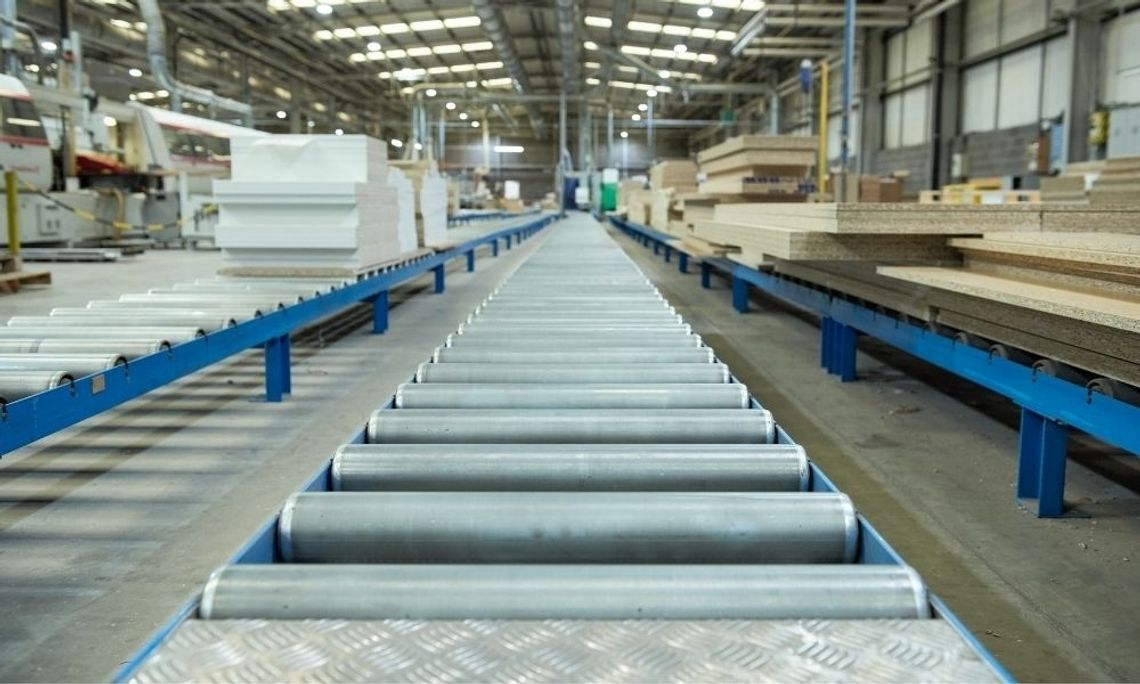Conveying systems are one of the most beneficial tools in manufacturing facilities. Whether you’re transporting powder or bulky car parts, there’s a conveyor that can help you do it with ease. However, buying a conveyor isn’t as simple as grabbing the cheapest one you see. This list will help you learn the basics regarding what to consider before buying conveyor systems.
Your Products
There are various conveyor options such as belt, pneumatic, and overhead systems. While all of these systems are advantageous, it all comes down to which one fits your needs. For instance, pneumatic conveying
certainly has its benefits, but at the end of the day, you must be sure it’s the right choice for your materials.
Specifically, you must consider your products' weight, length, width, and material. Although you might transport automotive parts with an overhead conveyor, it’s not going to be very efficient transporting grain or powders with that same method. Some systems can work with diverse materials, while others have very slim parameters regarding what they can handle.
Your Environment
Knowing what to consider before buying conveyor systems will help you avoid costly mistakes such as buying a machine that can’t function within your work environment. The materials a manufacturer uses to build your conveyor system relies on factors such as environmental conditions in the workplace. Discuss this with your equipment vendor early on. Does your facility maintain a hot, cold, or moderate temperature?
Furthermore, think about the cleaning protocols—can your conveyors withstand the frequency and chemicals regularly involved in your sanitation procedures? If not, you can end up damaging your conveyor. Suffice it to say that you should be trying to extend the life of your heavy machinery, not shorten it.
Your Maintenance
It’s easy to put off scheduling maintenance until the last minute. Realistically, you should set up maintenance very early on. Before investing in a conveyor system, speak with the manufacturer about how you should care for it. Most likely, they’ll be able to assist you with a majority of maintenance tasks—but always ask before assuming. Plus, you have to work with them to figure out when exactly they’ll come in.
If you wait too long to schedule maintenance, you might have to wait uncomfortably long for an expert to come, or you might forget about it entirely. Both scenarios will result in the machine’s performance, safety, and lifespan to plummeting over time. To make the most out of this investment, don’t forget to care for the machine. The better you care for your conveyor, the longer it will remain a productive, essential tool.


Comment
Comments